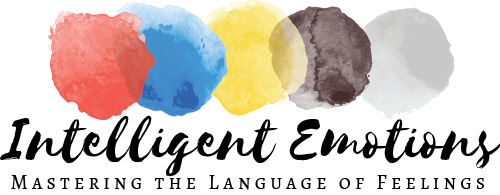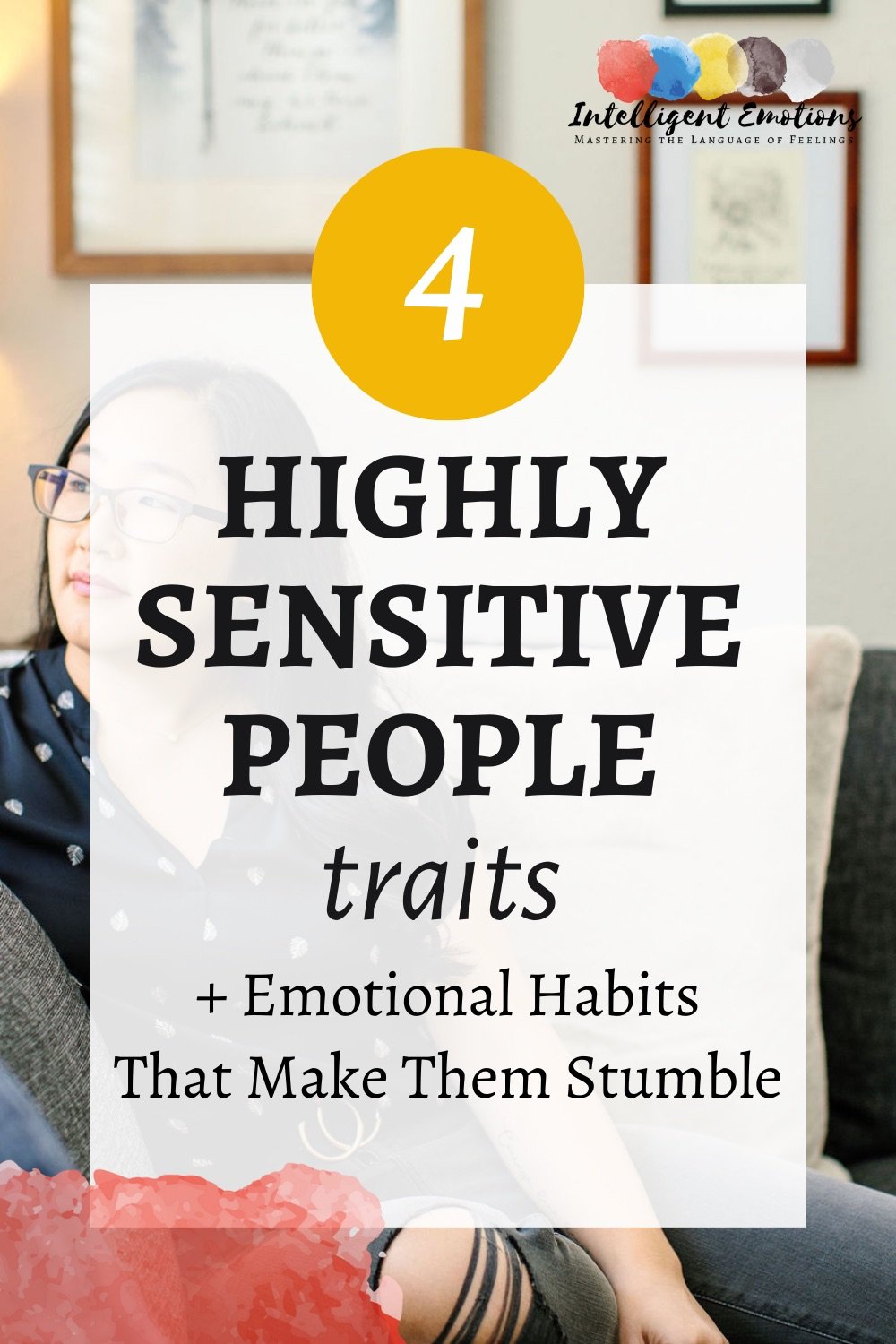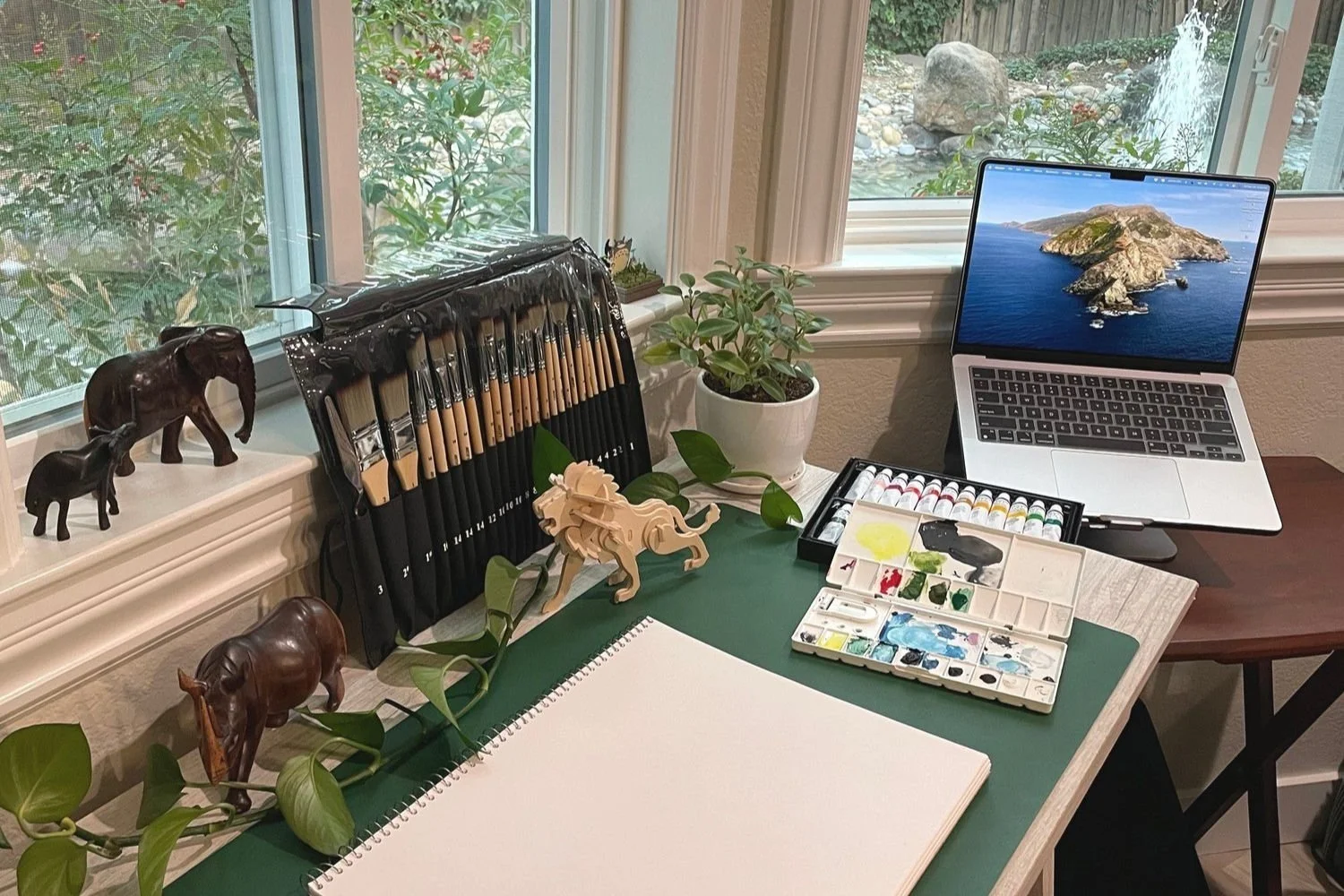The 3 Emotional Habits that Trip Up Highly Sensitive Persons (HSPs)
Nowadays, the term Highly Sensitive Person is starting to pick up more speed (yay!!), but with it also is some confusion (boo!).
Sometimes the term HSP is used interchangeably with the related but technically different experience of Empath, and the trait also mimics some aspects of other neurodivergent experiences, such as ADHD and autism.
Elaine Aron, the person who coined the term Highly Sensitive Person and the author of that book, summarizes the key traits of the Highly Sensitive Person with the acronym D.O.E.S.:
Depth of Processing
Overstimulation
Emotional Reactivity & Empathy
Sensitivity to Subtle Stimuli
Wanna learn more about what these four HSP traits are and whether they describe you? Watch this video here!
Otherwise, keep reading to learn the 3 emotional habits that entangle Highly Sensitive Persons from living their fullest life!
Maybe it’s NOT that I’m “Too Sensitive”…
In the United States, Highly Sensitive Persons tend to experience a lot of anxiety, depression, insecure attachment patterns, relationship strife, etc., NOT because there’s something inherently wrong with us, but because we’re technically the minority (20% of the population) in an environment that’s generally unfriendly to minority groups.
Because these negative experiences are correlated (not caused) by the HSP traits, often Highly Sensitive Persons get judged more harshly, labeled as:
“Too sensitive”
“Too emotional”
“Too much”
It’s like we get bullied and harassed, then get labeled as a crybaby.
Maybe we’re not TOO SENSITIVE but everyone else is TOO INSENSITIVE!! F*©&!!!
If you pick up the exact same HSP individual and drop ‘em off in a different part of the world that celebrates HSP traits – like Japan – they would have a VERY different experience.
Instead of being labeled as being “too sensitive”, they would actually be considered honorable and admirable (and non-HSPs who are lionized in the US would be considered brutish, loud, and aggressive). Our social context matters!!
Clearly, I could soapbox all the freakin’ day long about the unfair judgments HSPs get, but I want to share about some HSP dynamics that DO get us into trouble regardless of our social context.
The 3 Emotional Habits of Highly Sensitive Persons (HSPs)
Here are the emotional habits that stem from the HSP traits.
when Highly Sensitive Persons do a deep dive into their rich and complex inner world to the point of getting disconnected from the outer world
when HSPs take on other people’s feelings, pain, and responsibilities and blur boundaries, which often leads to a host of headaches & heartaches like burnout, anxiety, guilt, resentment, and shame
AIM x 6, but rarely FIRE (if at all)
when HSPs think, reflect to the point of ruminating, future-tripping, getting stuck in analysis paralysis, and resigning instead of actually taking decisive, effective action
These are not inherently bad traits of highly sensitive persons, but they do sometimes cause a lot more unnecessary complications when they’re overly done.
Social judgment & shaming aside (which btw is OTHERS’ work, not yours), if you don’t have alternatives for these 3 emotional habits, these are the challenges you might face.
Challenges that Highly Sensitive Persons face:
A mini course about what the Highly Sensitive trait is, the emotional and relationship habits that come with it, and the skills to honor your beautiful sensitivity. Get the course here!
Personal Challenges
You make your situations more complicated than necessary.
You retreat into your inner world and miss out on other important experiences in life (self-induced FOMO).
You often feel (and act) awkward because you’re so self-conscious.
Relationship Challenges
You amplify the feeling of shame that further isolates you and feel even more different, broken, bad, and lonely.
You feel burned out and exhausted because you feel others’ struggles or absorb their emotions.
You feel anxious, guilty, and resentful because you take responsibility for their emotional wellbeing.
Professional Challenges
You compare yourself to others and conclude you are lesser than them.
You make your tasks much more difficult by getting stuck in procrastination, perfectionism, or impostor syndrome.
You miss out on a lot of great opportunities that you DO already have access to but that you disqualified yourself for.
When HSPs grow beyond these 3 emotional habits…
Here’s how you can experience even greater richness in life as a HSP:
Personal
You are able to stay in the simple, light, and easy (and thereby don’t feel backlogged from having to process in the depths).
You readily go in and out of your inner world on command, engaging life to its fullest without getting stuck inside.
You feel more confident because you’re focusing less on yourself and roll with whatever’s happening in the moment.
Relational
You find solace in others who feel similarly and inspiration from others who feel differently, without thinking about who’s good or bad. You are able to connect meaningfully with more people beyond just heart-to-hearts because you expanded your definition of closeness.
You feel safe, steady, and secure around others because you can connect with them without merging or absorbing their feelings.
You feel confident and calm because you can be you and others can be themselves, each responsible for their own emotional well being. True intimacy happens because both parties are fully showing up.
Professional
You know your strengths and limitations as neutral information, instead of concluding that there’s something wrong with you. You lead with your strengths and align with others for theirs to cover your limitations. True collaboration happens.
You can take quick, decisive, effective action without getting bogged down with anxiety, self-doubt, or overwhelm.
You have clarity and confidence to engage the opportunities you have, not bound by a fear of rejection or failure. You feel more confident and courageous as you take step forth in your gifts.
How to Grow Beyond the Emotional Habits that Trip Up HSPs
With this blog, now you know the WHAT happens to HSPs and WHY. The next step is learning the HOW to move beyond that.
Don’t just accumulate head knowledge — that’s how you get stuck in the first place!! Time for concrete, decisive action steps.
Here are the three emotional habits of HSPs, each with a link to another blog post.
Pick ONE that stands out to you the most and work on that for the next three months. (It doesn’t matter which you pick first.)
Navel gazing (Part 2)
Absorbing others’ feelings (Part 3)
Too much AIM, not enough FIRE (Part 4)
You’ve read this blog ONCE, and that’s plenty. Whichever you choose among these 3 other blogs, keep it open as a focal point for the next quarter. Better to effectively shift in one area than to split your focus (and get nowhere) while SHOULDing yourself.
Wherever & however you are, I’m rooting for and growing alongside you as a fellow Highly Sensitive Person!
The BIG Feelings First Aid Kit
Messy feelings spilling out at the WRONG TIME, WRONG PLACE, WRONG WAY?
Grab this free PDF guide that shows you how to handle feelings like a pro so that you can keep moving forward in life!
Want to read this post again later? Pin it to Pinterest!
Other Blogs on Highly Sensitive Persons
© Copyright 2023 Joanne Kim. All rights reserved.
Joanne Kim, Feelings Translator
Hi! I’m a therapist-turned feelings coach who helps Highly Sensitive Persons, Empaths, Enneagram 2s & 4s, etc. turn their BIGGEST feelings into their GREATEST superpower!
They are often the first (or only) person in their family to intuitively process and express feelings; consequently, they are often judged or criticized so that they learn to people please, placate, or perform until they hit a wall.
They’re super familiar with anxiety, guilt, and shame, partly because of an allergic reaction to anger (theirs and others').
Often the super responsible, empathic, and ethical person in their environments, they reach out to me after they're already burned out, resentful in their relationships, or sucked into their shame spiral.
The most common feedback I get from people when I share about how feelings work is,
"Why didn't anyone teach me this in school??"
Hence, I am building a school helping people work WITH their feelings so their feelings work FOR them.

































You may feel sometimes like you’re going in circles - expending so much energy, time, and resources to change, only to find yourself in the same place all over again. As more time goes on, you feel like the future is bleak - what’s the point of trying, if it’s going to be the same? Perhaps what’s the issue is not what’s happening but how you perceive what’s happening. What if you ARE actually changing?